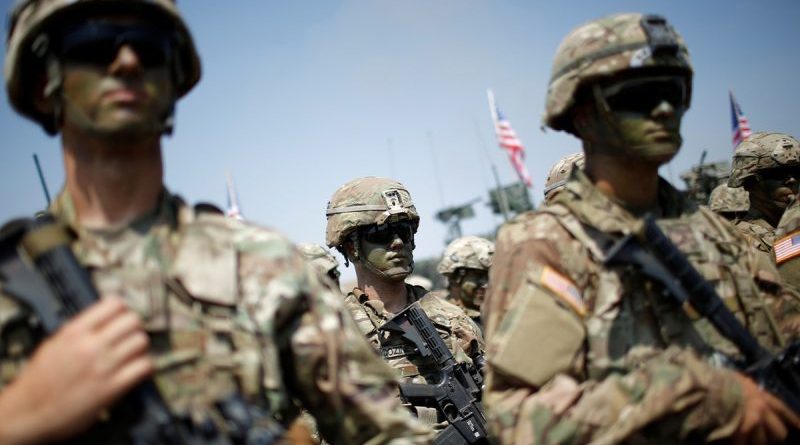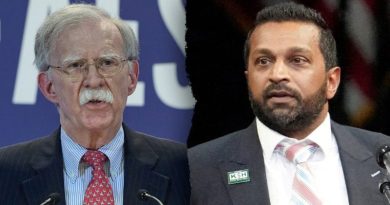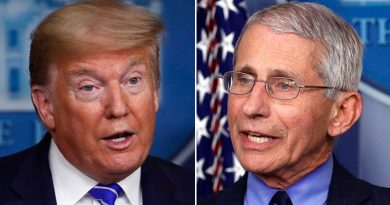Global Engagement in Demand: Survey Reveals American Voters Call for Increased US Role on World Stage
In a recent survey conducted by the Ronald Reagan Institute, voters voiced their desire for increased U.S. involvement on the world stage, even amidst a backdrop of isolationist sentiments. The findings of the survey shed light on the complex relationship between American foreign policy, global engagement, and domestic attitudes. Despite ongoing discussions surrounding the merits of isolationism versus interventionism, it appears that the American public holds a nuanced perspective on the issue.
The survey results indicate that a significant portion of voters believe that the United States should play a more active role in addressing global challenges. This sentiment reflects a recognition of the interconnectedness of the world and the understanding that international issues often have far-reaching implications that cannot be ignored. With complex issues such as climate change, economic interdependence, and security threats transcending borders, there is a growing awareness of the need for sustained U.S. engagement with the international community.
Notably, the survey also found that voters value American leadership in promoting democracy and human rights around the world. This underscores the importance of upholding democratic values and principles on a global scale, even as doubts persist about the efficacy of spreading democracy through military intervention. The desire to see the U.S. stand up for democratic ideals reflects a broader commitment to advancing freedom and equality worldwide.
Furthermore, the survey results revealed a sense of skepticism towards the effectiveness of isolationist policies in addressing contemporary challenges. While there may be legitimate concerns about overextending U.S. resources or entangling the country in foreign conflicts, many voters recognize the limitations of isolationism in an increasingly interconnected world. The call for greater U.S. involvement suggests a willingness to acknowledge the responsibilities that come with being a global superpower.
Overall, the survey conducted by the Ronald Reagan Institute illuminates the diverse and sometimes contradictory attitudes held by American voters regarding U.S. involvement on the world stage. While the debate between isolationism and internationalism continues to shape political discourse, the findings of the survey suggest that there is a prevailing belief in the importance of American leadership in addressing global challenges. As the United States navigates its role in an ever-changing world, it will be crucial to strike a balance between protecting national interests and engaging with the international community to promote peace, prosperity, and democracy.




